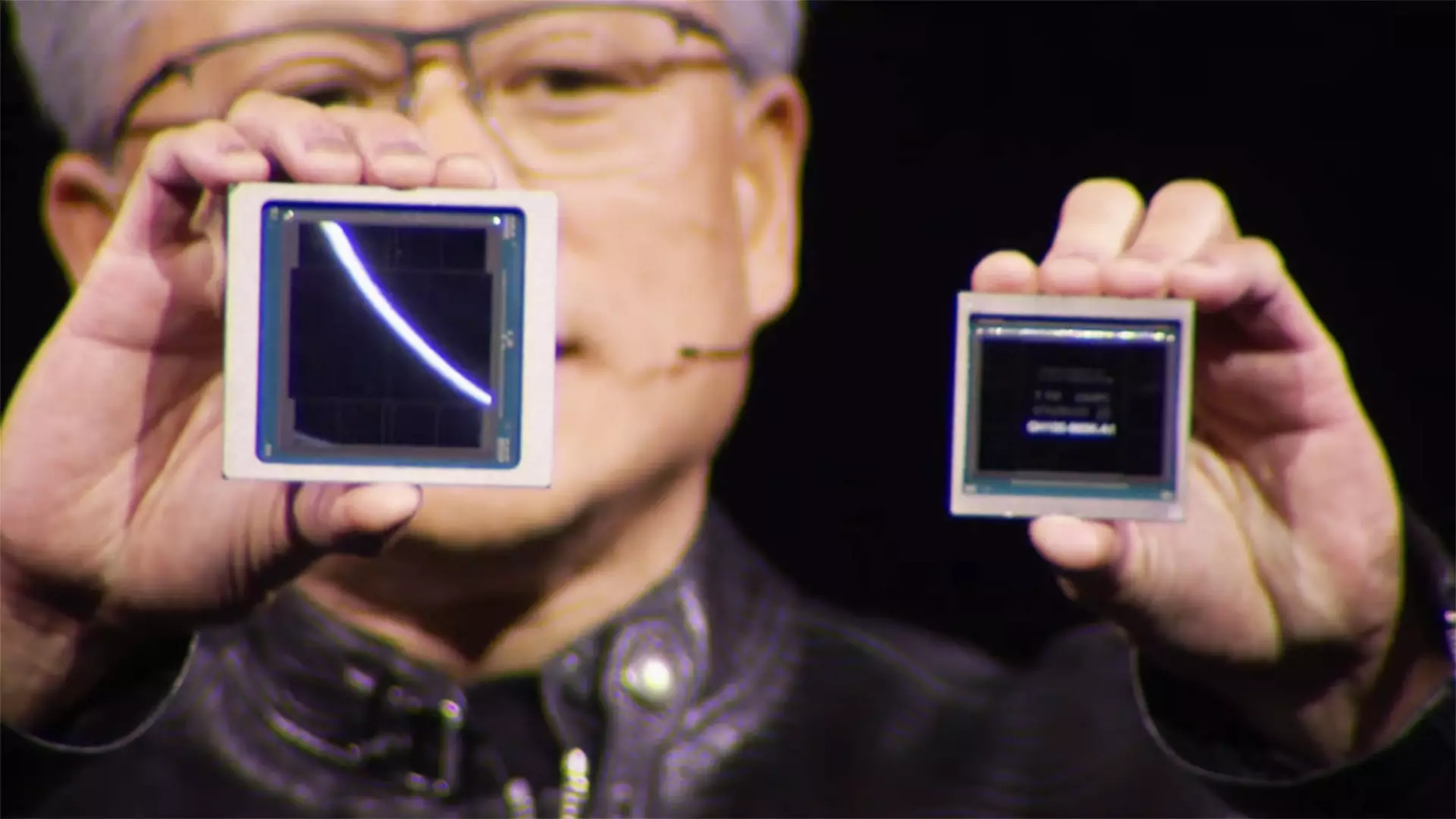The ongoing geopolitical friction between the United States and China has birthed a significant landscape of challenges for tech giants, especially in the semiconductor domain. Nvidia, a pioneering force in AI and graphics processing units (GPUs), has vociferously criticized the U.S. export restrictions on chip technology to China. With the stakes progressively increasing, Nvidia’s leadership has evolved its rhetoric from broad concerns to more targeted statements about the implications of these restrictions on innovation and competitive balance in the global technology sector.
The Talent Exodus: Consequences of Export Controls
Recently, Bill Dally, Nvidia’s chief scientist, emphasized a worrying trend that’s emerged from these export sanctions: the recruitment of former Nvidia AI researchers by Huawei. This revelation, which surfaced from a Taiwanese report, indicates that the export restrictions have inadvertently fueled China’s capability in AI research and development. In Dally’s view, the exodus of talent highlights a dire reality—the restriction of resources is prompting rapid advancements in domestic innovation within China.
It’s a nuanced point: previously, Nvidia held a commanding position in supplying crucial AI technologies to Chinese firms. Now, forced to pivot due to restrictions, Huawei and other tech companies appear to be doubling down on homegrown solutions. And as the talent pool shifts, with a reported increase of AI researchers in China making up nearly half of the global total, the potential for breakthrough technologies in the Chinese landscape seems stronger than ever.
Nvidia’s Strategic Maneuvering and Financial Fallout
Nvidia’s rhetoric surrounding the adverse effects of export controls is not just about national competition; it’s also a stark acknowledgment of its financial vulnerabilities. The company has lamented a staggering monetary impact, estimating losses upwards of $8 billion due to restrictions. This isn’t merely an abstract concern—it’s reflective of the harsh realities that corporations must navigate in times of heightened regulatory scrutiny.
The strategic implications are profound: If Chinese companies increasingly rely on home-built technologies, Nvidia may find itself sidelined, both in terms of market share and influence. Dally’s and CEO Jensen Huang’s remarks signal an urgent appeal for the U.S. administration to reassess its policies, as the escalating competition not only challenges U.S. interests but also places considerable economic pressure on American tech companies themselves.
Potential Upsides of Chinese Innovation
However, it’s essential to consider that forced innovation within China could lead to unexpected advancements that may challenge not just Nvidia but the entire set of Western technology firms. Huawei’s growing prominence in AI solutions—which now include their advanced Ascend chip series—might soon produce formidable competition that reshapes market dynamics.
The innovation ecosystem is often driven by necessity and competition; with Huawei and other Chinese firms now compelled to develop alternatives in the absence of U.S. technology, the door has opened for new breakthroughs. Should these advancements prove successful, the narrative surrounding China’s technological capabilities will shift in profound ways, potentially altering global power balances in technology.
Business Dynamics: Ethics vs. Competition
Nvidia’s position on the matter seems paradoxical. While they worry about their expertise being siphoned off to bolster a rival nation’s capabilities, Nvidia itself has been known to attract talent aggressively, recruiting not only from its competitor pool but also influencing employment landscapes in Taiwan and beyond. The double standards inherent in such recruitment practices raise ethical questions about competition within the tech industry.
These dynamics illustrate the cutthroat nature of business, where companies must reconcile their competitive strategies with the broader implications of their actions. The ironies are palpable as Nvidia laments the poaching of its talent while engaging in similar practices, demonstrating that the line between competition and ethics in this arena can often blur.
Nvidia’s insights into the evolving landscape of chip export restrictions illustrate a complicated intersection of economics, technology, and geopolitics. As technology leaders navigate these turbulent waters, the race for innovation will almost certainly intensify, leaving the ramifications of current policies to unfold in unpredictable ways.

